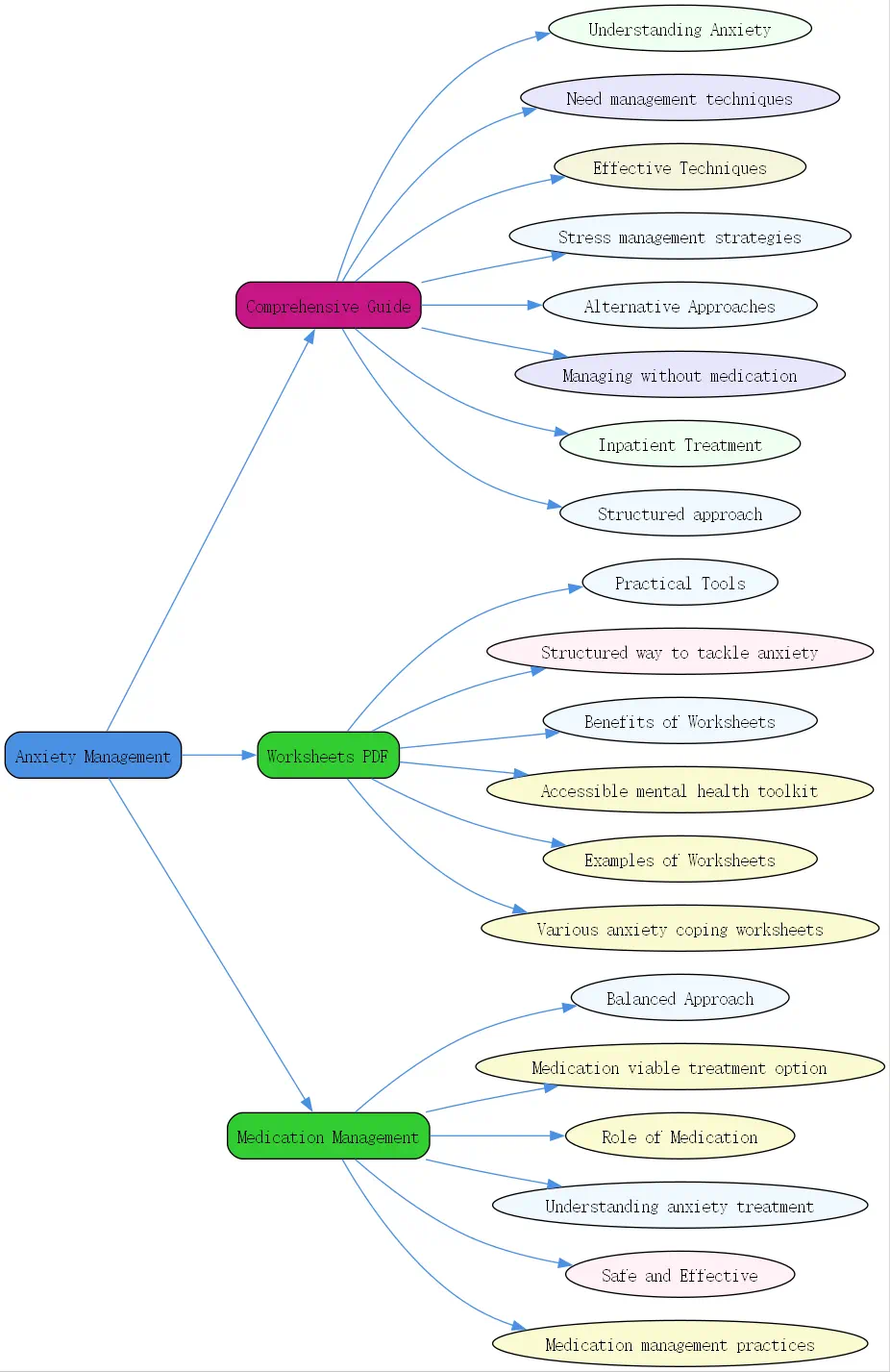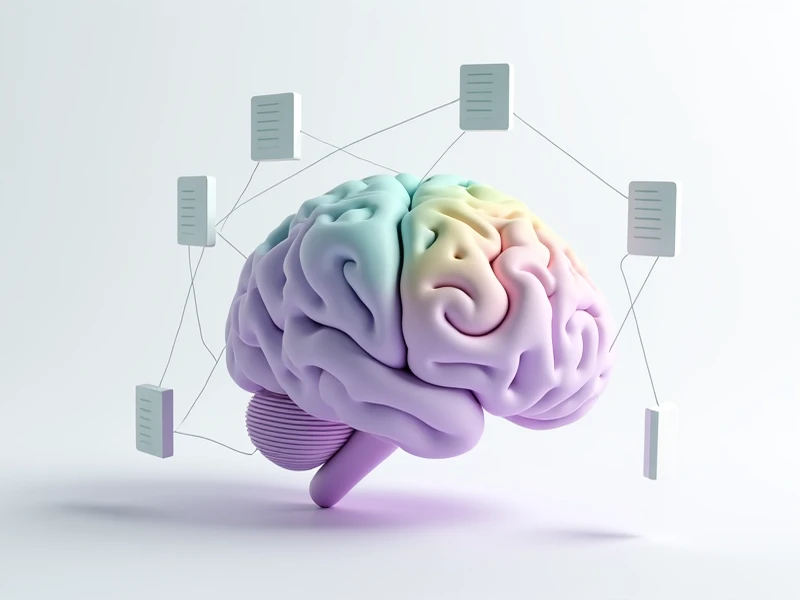Discover effective strategies for managing anxiety with our comprehensive guide on anxiety management worksheets, therapies, and medication tips. Click to learn more!
Worksheets for Anxiety Management: A Comprehensive Guide

Anxiety, a common ailment affecting many, demands a robust management strategy. “”BrainTalking”” empowers individuals by providing structured tools and personalized approaches that address the emotional, physical, and cognitive facets of anxiety. Understanding the manifestations and consulting with mental health experts form the cornerstone of effective treatment.
Understanding Anxiety and the Need for Management Techniques
Anxiety manifests in various forms: emotional distress, physical symptoms like sweating and trembling, and cognitive disruptions causing worry and fear. The complexity of anxiety necessitates tailored management strategies rather than a one-size-fits-all solution. Consistently engaging with mental health professionals can provide the guidance needed to navigate these turbulent waters effectively.
Effective Anxiety Stress Management Techniques
Several techniques can alleviate the symptoms of anxiety:
- Pause and Breathe Deeply: When anxiety strikes, taking slow, deep breaths can center your thoughts and calm your mind.
- Think or Speak Affirmations: Positive affirmations like “”I am calm and in control”” can reshape thinking patterns and soothe the nervous system.
- Daily Journaling: Writing down your thoughts can provide a therapeutic outlet for your emotions and help in managing anxiety.
- Natural Calming Remedies: Ingredients like chamomile can enhance serotonin levels, steadying nerves and emotions. Always consult a healthcare provider before starting any natural remedy.
- Celebrate Small Victories: Acknowledging every progress, no matter how minor, reinforces positive behaviors and aids in managing anxiety more effectively.
Managing Anxiety Without Medication: Alternative Approaches
“”BrainTalking”” recommends several strategies for managing anxiety without relying solely on medication:
- Cognitive Behavioral Therapy (CBT) and Exposure Therapy: These therapies address the underlying thought patterns and behaviors contributing to anxiety and gradually reduce sensitivity to triggers.
- Mindfulness and Meditation: Techniques like guided imagery and deep breathing exercises promote relaxation and present-moment awareness.
- Support Networks: Building strong emotional support systems through friends, family, or groups can be incredibly reassuring.
- Lifestyle Adjustments: Regular physical activity, a balanced diet, and adequate sleep are vital for mental health.
- Alternative Therapies: Yoga, acupuncture, and aromatherapy can complement traditional treatments, though their efficacy may vary.
Inpatient Treatment for Severe Anxiety: A Structured Approach
For individuals with severe anxiety, inpatient treatment at “”BrainTalking”” provides a structured environment with round-the-clock care. This approach includes comprehensive mental health assessments, targeted medication management, and various therapeutic practices aimed at managing anxiety effectively. A consistent regiment of therapeutic activities and peer support catalyzes long-term recovery, while aftercare plans ensure sustainable management post-discharge.

Anxiety Management Worksheets PDF: Practical Tools for Coping
Worksheets offer a structured way to tackle anxiety. They are easily accessible and can be a practical part of anyone’s mental health toolkit.
Benefits of Using Anxiety Management Worksheets PDF
Worksheets in PDF format are readily accessible and can be a comforting resource at your fingertips. They provide structured methods to identify and manage anxiety, fostering a proactive approach to mental health.
Examples of Anxiety Management Worksheets PDF
Key worksheets include:
- Thought Records: To challenge and change negative thoughts.
- Anxiety Thermometer: To gauge and regulate anxiety levels.
- Relaxation Scripts: For guided relaxation and stress relief.
Anxiety Medication Management: A Balanced Approach
Medication can be a viable part of an anxiety management plan, especially when combined with other therapeutic techniques.
Understanding the Role of Medication in Anxiety Treatment
Medications, prescribed by healthcare professionals, can alleviate severe symptoms of anxiety. It’s crucial, however, to understand when medication is necessary and which types are most effective for your specific needs.

Safe and Effective Anxiety Medication Management
Effective medication management involves:

- Regular Consultations: Regular check-ins with your healthcare provider.
- Following Prescriptions: Adhering to the prescribed dosage without deviations.
- Monitoring Side Effects: Being vigilant about potential side effects enhances safety.




